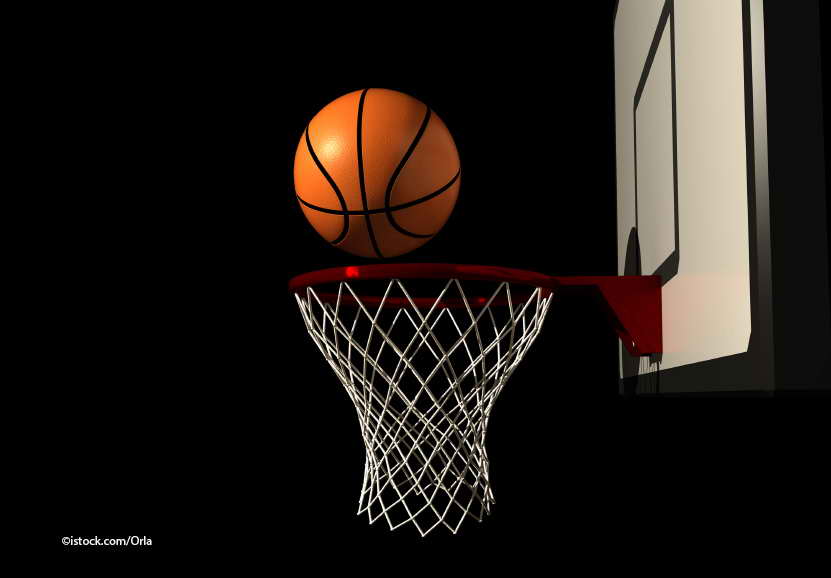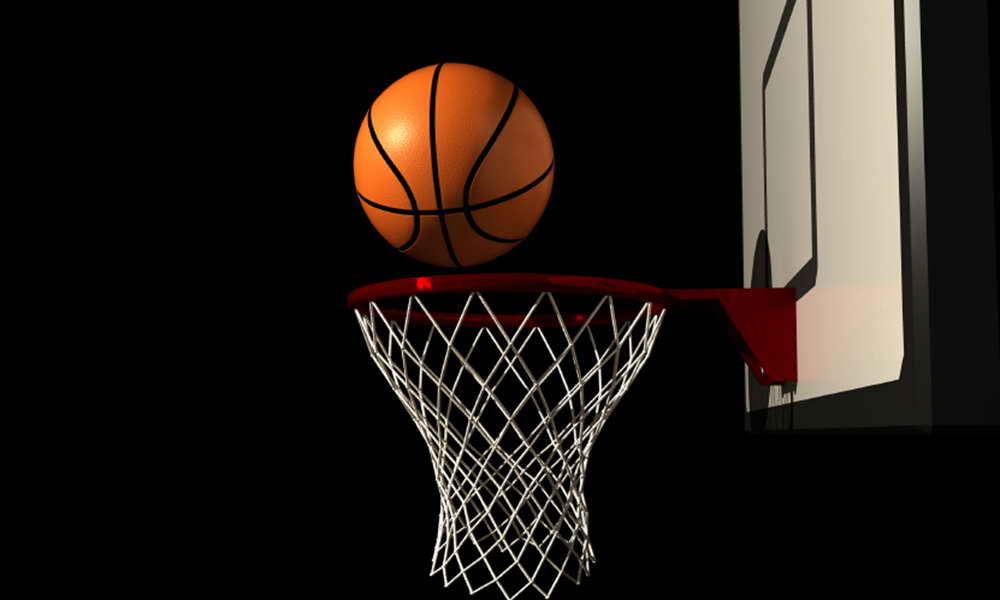March 25, 2014
3/26: Race Impacts Decision Not to Pay College Athletes
Marist Center for Sports Communication/Marist National Poll
Despite the money top college men’s basketball and football programs generate, college athletes are not paid, and 31% of Americans believe there is some truth to the argument that this is because many student athletes are African American. This includes 4% who believe there is a lot of credence to that claim and 27% who say there is probably some legitimacy to it. 17% report there is not very much truth in it, and a majority — 53% — says the argument that race plays into the decision not to pay college athletes is false. Similar proportions of college sports fans share these views.
 This HBO Real Sports/Marist Poll has been conducted in conjunction with the Marist College Center for Sports Communication
This HBO Real Sports/Marist Poll has been conducted in conjunction with the Marist College Center for Sports Communication
Click Here for Complete March 26, 2014 USA HBO Real Sports/Marist Poll Release and Tables
“When the majority of revenue generating college athletes are unpaid African-American players and the majority of coaches are often white and well compensated, it almost compels the public to raise the question of race,” says Dr. Keith Strudler, Director of The Marist College Center for Sports Communication. “It is a complex issue. While sports often act as a true melting pot, it feels less apparent when financial compensation in college sports doesn’t reflect that ideal.”
Race matters. More than six in ten African Americans — 61% — think top college athletes are unpaid because many of these athletes are African American. About one-third of Latinos — 33% — and one in four whites — 25% — agree. Looking at income, Americans who earn less than $50,000 annually — 38% — are more likely to say race factors into the decision to pay college athletes. This compares with 24% of those who make $50,000 or more. Women — 34% — are also more likely than men — 27% — to think there is some truth to the argument that race plays a role in determining whether or not college athletes are paid.
Looking at age, adults under thirty years old — 38% — are more likely to say there is some accuracy in the claim that top college athletes are not compensated because of race than are residents who are older. 29% of those 30 to 44, 25% of Americans 45 to 59, and 33% of those 60 and older share the view that race is a factor.
Do Americans think college athletes should be paid for their time practicing, travelling, and playing on the team? 67% do not think they should be monetarily compensated. 29% think they should be, and 4% are unsure. The views of college sports fans reflect the opinions of residents, overall.
While more than seven in ten whites — 72% — and Latinos — 71% — think college athletes should not be paid, a majority of African Americans — 53% — believe college athletes should be compensated for their time. Men — 35% — are more likely than women — 24% — to say student athletes should be paid.
If college athletes were paid a salary, nearly three in four U.S. residents — 73% — say it would make no difference in how much they enjoy watching college sports. 23% think it would make watching the games less entertaining while only 4% say it would increase their enjoyment. Among college sports fans, 68% believe it would make no difference in their enjoyment while 27% think it would take something away from the pleasure they get from watching college sports. Five percent think it would increase their enjoyment.
Table: Truth in Argument that Top College Athletes are not Paid Because Many are African American
Table: Should Top College Athletes be Paid?
Table: Amount of Enjoyment Watching College Sports if College Athletes were Paid
To Unionize or Not to Unionize?
75% of Americans, including the same proportion of college sports fans, think college athletes should not be allowed to join a union since they are not college employees. More than one in five — 22% — believes student athletes should be able to join a union so they can receive payments and benefits. Four percent are unsure.
Non-white residents — 28% — are more likely to support unionizing by college residents than white residents — 19%. Nearly eight in ten white residents — 78% — compared with 67% of non-white Americans believe college athletes should not be able to join a union.
When it comes to special treatment by local authorities, about two-thirds of adults nationally — 66% — think top college athletes receive special treatment by town police in their college community. One in four — 25% — reports student athletes are treated the same as their fellow students, and 9% are unsure. Similar proportions of college sports fans share these views.
Table: Should College Athletes be Allowed to Unionize?
Table: Do Top College Athletes Receive Special Treatment?
Overemphasis Placed on College Sports, Say More than Six in Ten
61% of Americans think college and universities with top men’s football and basketball programs put too much emphasis on athletics over academics. 34%, however, say these schools strike a good balance between education and sports. Five percent are unsure. The views of college sports fans reflect those of U.S. residents.
While older Americans are more likely to think colleges put too much emphasis on athletics, majorities in all age groups agree. 54% of those 18 to 29, 59% of residents 30 to 44, 61% of Americans 45 to 59, and 67% of those 60 and older say too much importance is put on sports. Regardless of region, at least a majority of adults say colleges prioritize athletics over academics. However, those in the Northeast — 63%, Midwest — 63%, and South — 61% — are slightly more likely than those in the West — 55% — to believe this to be the case.
What is more important to Americans? Most — 90% — care more about the academic reputation of their local colleges and universities. Just 7% are more concerned with the athletic success of their local schools, and 3% are unsure.
Table: Do Colleges Put Too Much Emphasis on Athletics over Academics?
Table: Do You Care More about Athletic Success or the Reputation of College or University?
Bracket Bragging Rights?
While 85% of Americans do not fill out a March Madness bracket, 15% say they do. Of residents who fill out a bracket, most — 91% — do so just for fun. Five percent fill out a bracket both for fun and for money. Three percent play for the money, and 1% is unsure.
Not surprisingly, college sports fans are more likely to try to predict the winner of the NCAA Men’s College basketball tournament. 22% of college sports fans say they put together a bracket while 78% don’t participate. Income matters. More than one in five Americans who earn $50,000 or more — 21% — fills out a bracket. This compares with only 8% who make less annually. Men — 23% — are more than three times as likely as women — 7% — to make their picks.
Do Americans bet on college sports? 88% of residents report they have not placed a wager on college sports in the past year. 12%, however, say they have. College sports fans are slightly more likely to bet on college sports. 17% of fans have done so in the past year while 83% have not.
And, when it comes to the number of college sports fans, about two-thirds of Americans — 66% — say they follow college sports at least a little bit. This includes 12% who watch these sports a great deal, 18% who follow them a good amount, and 36% who catch a small amount of the games. 34% do not follow college sports at all.
Table: Have You Bet on College Sports in the Past Year?
About Keith Strudler, Ph.D.
Keith Strudler, Ph.D., is the director for the Marist College Center for Sports Communication. Dr. Strudler founded Marist’s popular concentration in sports communication in 2002, now one of the nation’s largest in the discipline. He studies and teaches in the areas of sports media, sports and society, and sports reporting and information. Dr. Strudler also writes weekly sports commentary for WAMC, an NPR radio station in Albany, NY.

